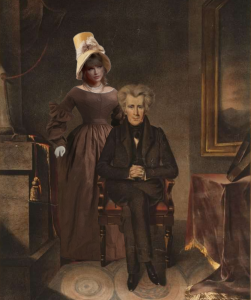Before the vibrant sounds of Deadmau5, Bassnectar and Avicii, the electronic world seemed to take a back seat to most other genres of popular music. The grandfather of true electronic music lies in the hands of the infamous Daft Punk.
Daft Punk is a French based electronic duo, Guy-Manuel de Homem-Christo and Thomas Bangalter, who pull inspiration from funk, pop and techno. Their first album “Homework” was released in 1997. Since then, these two have been playing with their synthesizers and drum kicks for more than two decades. Punk’s biggest song “Around the World” hit dance floors around the world and took their music to new heights.
The power of Daft Punk has bled into more genres than just electronic. Ever heard of the Chicago hip-hop artist by the name of Kanye West? West’s chart topper, “Stronger,” was taken from the electrifying sounds of Bangalter and Homem-Christo.
Daft Punk has not created much music recently, and has since been shadowed by the new generation of house music. This band is not ready to unplug its strange style just yet. It was announced in the last few months that they would be taking their expensive talent to Columbia records, and now they will be releasing their new album, “Random Access Memories,” on May 21st.
There has been much hype over the band’s new album. Daft Punk does not just produce music with efficiency, but tends to perfect their sound, as seen in their 2003 album, “Alive.” But this is a band that foresees the direction of music, and completely masters the playing field before the field even exists. This album will not disappoint and will be worth every cent you’ll pay.
The big question lies in whether Daft Punk is outdated and overhyped. Don’t believe it for a second; their revolutionary style is destined for any electro-jammer’s list of upcoming obsessions.




